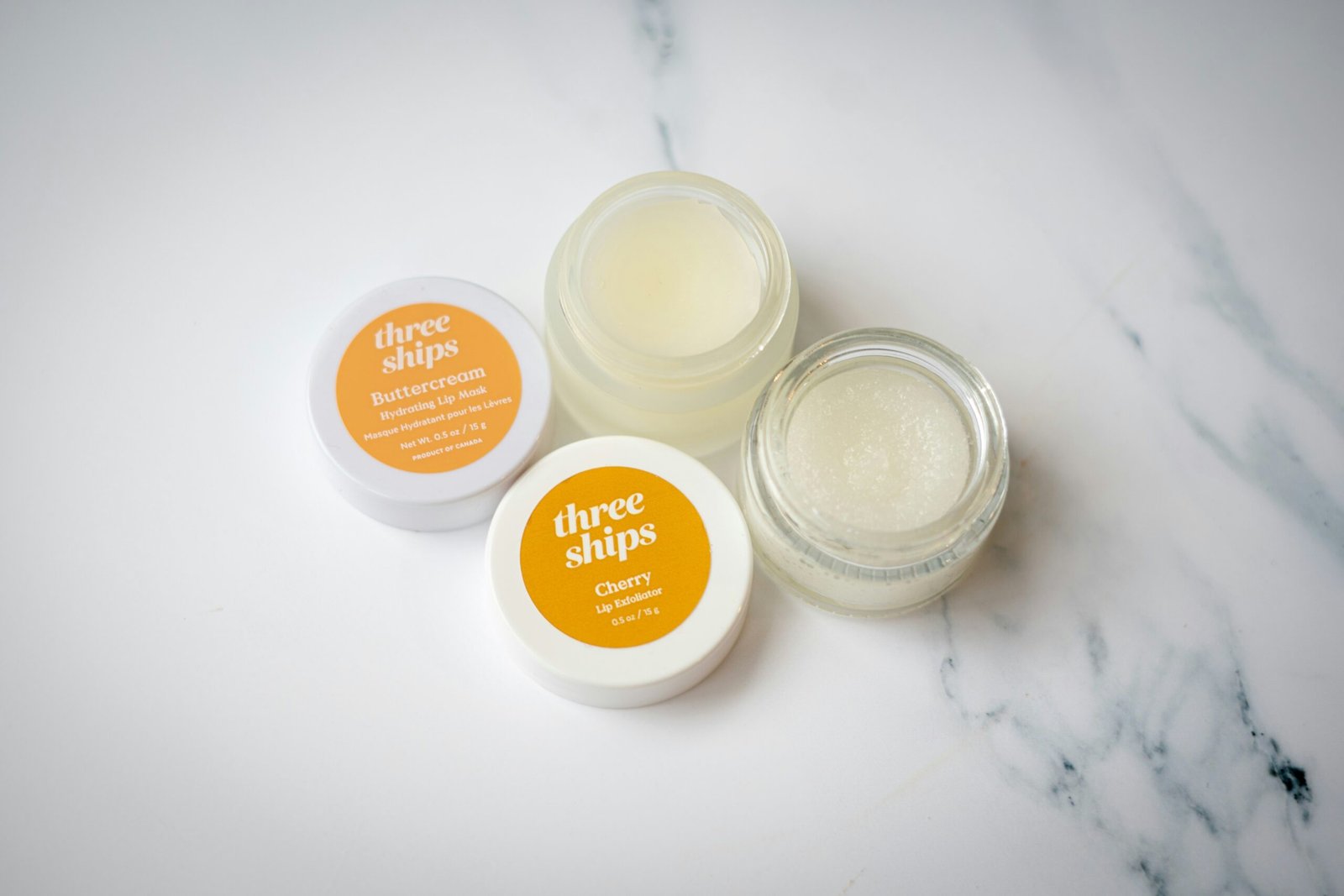Understanding Lip Anatomy and Vulnerability
The lips are unique structures that play a crucial role in the function and aesthetics of the face. Composed of several layers, the outermost layer of the lips is significantly thinner than that of other skin areas. This delicate skin barrier lacks sebaceous (oil) glands, which substantially contributes to their vulnerability to dryness and dehydration. Unlike other parts of the body that benefit from the natural oils produced by these glands, the lips must rely on external sources of moisture. Consequently, they are more susceptible to becoming chapped, especially during harsh weather conditions or in environments where humidity is low.
Environmental factors significantly exacerbate lip dryness. Cold weather, wind, and indoor heating can strip the lips of moisture, leading to a rough, cracked texture. Furthermore, air conditioning can introduce an artificial dryness in the air that impacts the appearance of the lips. This combination of external conditions can result in the breakdown of the skin barrier, rendering lips not only aesthetically displeasing but also prone to irritation and discomfort. Therefore, understanding this inherent vulnerability highlights the importance of investing in proper lip care.
Maintaining the health of the lips is not just about enhancing attractiveness; it plays a significant role in overall skincare. Hydrated lips contribute to a healthy appearance, often giving the impression of youthfulness and vitality. When lips are well-moisturized, they are less likely to crack or peel, improving both texture and feel. Thus, incorporating lip care into the daily skincare routine is essential. Emphasizing the importance of hydration, especially with the wide array of lip balms and treatments available today, ensures that we maintain optimal lip health, even in challenging environmental conditions.
Daily Lip Care Routine
Maintaining a consistent lip care routine is essential for keeping your lips moisturized and healthy. A successful routine typically includes three crucial steps: cleansing, exfoliating, and moisturizing. By incorporating these practices into your daily life, you ensure that your lips remain supple and free from dryness.
First and foremost, it is vital to cleanse the lips gently, particularly if you wear lipstick or lip gloss. Opt for a mild cleanser or a makeup remover that is specifically designed for the lips to avoid irritation. This step removes any product residue, dead skin, and environmental pollutants that may lead to dryness or chapping.
Next, exfoliation plays a significant role in a well-rounded lip care regimen. Regularly exfoliating your lips helps eliminate dead skin cells, promoting the generation of fresh, smooth skin. You can use a lip scrub, which is readily available from various brands, or create a homemade version using natural ingredients like sugar and honey. Engaging in this practice once or twice a week can profoundly improve the texture of your lips, making them more receptive to the moisturizers that follow.
Moisturizing is arguably the most critical component of any lip care routine. Choosing the right lip products is vital; look for lip balms, oils, or creams that contain nourishing ingredients such as shea butter, coconut oil, or beeswax. These natural components can effectively lock in moisture and provide a protective barrier against harsh environmental factors. Additionally, applying lip balm frequently throughout the day, especially in cold or dry weather, is key to preventing chapped or cracked lips.
By following this structured lip care routine, you can maintain soft, hydrated lips that are less susceptible to damage. Prioritizing the use of high-quality, natural products will further enhance your efforts, promoting long-term lip health.
Foods and Hydration for Lip Health
The health of your lips is intricately linked to your overall diet and hydration levels. Proper nutrition plays a crucial role in maintaining moisture and elasticity in the skin, which inevitably affects the condition of your lips. Incorporating a variety of foods that are rich in vitamins and healthy fats can significantly contribute to lip health. One important nutrient for skin health is vitamin C, commonly found in fruits such as oranges, strawberries, and kiwis. These fruits not only help boost your immune system but also encourage collagen production, a key element in maintaining plump and youthful-looking lips.
In addition to vitamin C, omega-3 fatty acids are vital for keeping your skin hydrated and could enhance the moisture retention of your lips. Foods such as fish, flaxseeds, and walnuts are excellent sources of omega-3s. Regular inclusion of these foods into your diet can help combat dryness and promote a smooth lip texture. Furthermore, hydrating foods like cucumbers and watermelons are excellent additions to support lips that require extra moisture. These fruits and vegetables have high water content, aiding in maintaining overall hydration levels in the body and consequently keeping the lips supple.
While incorporating these beneficial foods, it is equally essential to focus on adequate water intake. Consuming enough fluids throughout the day helps prevent dehydration, which is a primary cause of dry, cracked lips. Aim to drink at least eight glasses of water daily and consider herbal teas or natural fruit juices as additional hydration sources. Simple strategies for incorporating hydration into your daily routine include carrying a water bottle, eating soups or broths, or infusing your water with slices of fruits and herbs for added flavor. By making conscious dietary choices and prioritizing hydration, you can significantly enhance your lip health.
Natural Remedies and DIY Lip Care Treatments
Maintaining hydrated and healthy lips can be achieved through various natural remedies and do-it-yourself (DIY) treatments. Often, the best solutions lie within the comfort of your own kitchen, where simple ingredients can be transformed into effective lip care products. By opting for these natural treatments, you can avoid the harmful ingredients commonly found in many commercial lip products.
One popular DIY lip scrub can be created easily using just sugar and honey. Mix two tablespoons of sugar with one tablespoon of honey and a teaspoon of olive oil. Apply this mixture gently to your lips in circular motions. The sugar exfoliates the lips, removing dead skin cells, while honey provides moisture and promotes healing. Regular use of such scrubs, ideally once a week, will keep your lips soft and smooth.
Another effective natural remedy involves using coconut oil as a base for a homemade lip balm. Blend together one tablespoon of coconut oil, one tablespoon of shea butter, and a few drops of your favorite essential oil. Pour the mixture into a small container and allow it to solidify. This balm will provide long-lasting hydration and nourishment, ensuring your lips remain protected from environmental damage.
Moreover, incorporating lip masks into your routine can benefit your lip health significantly. A simple lip mask can be made by mixing mashed avocado with honey. Apply this mixture to your lips for about 10-15 minutes before rinsing it off. The healthy fats in avocado deeply moisturize the lips, while honey works to retain that moisture.
It is crucial to remember that some commercial products may contain irritants, such as artificial fragrances and alcohol, which can lead to lip dryness. Being mindful of the labels and ingredients can help you avoid these harsh substances and promote overall lip health. Identifying potential irritants is essential for achieving optimal lip hydration.
Incorporating these natural remedies and DIY treatments into your regular lip care routine can make a significant difference in maintaining soft, hydrated lips while ensuring you avoid unnecessary chemicals and irritants.


